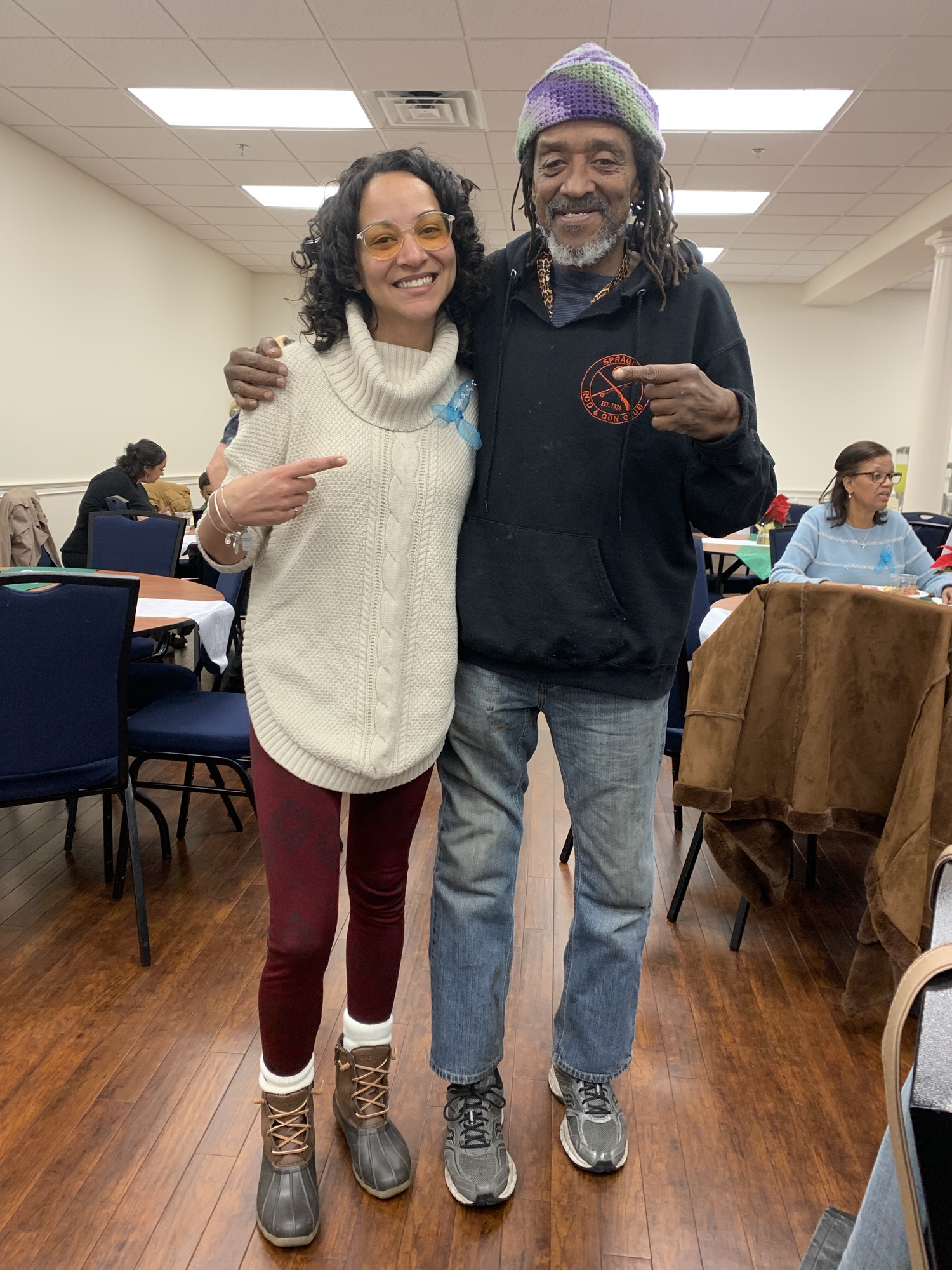I never imagined I’d get this call: the one telling me to come to the hospital to identify whether John Doe was my father. They couldn’t give me any other information, only that he had hit a telephone pole while riding his bike.
I knew what that meant. He was drunk, probably on drugs. I couldn’t remember the last time my father was sober. As I drove to the hospital, memories of his past visits flooded my mind. Did he refuse to stay because he hated hospitals or because he couldn’t drink there?
My mind raced through every possible scenario. What condition would I find him in? They couldn’t share any details. Though I’d never received a call like this before, I imagined that if he were okay, they would’ve at least told me that. The worry in the social worker’s voice told me all was not well.
When the social worker met me, she asked questions to verify who I was, even though they had no idea who he was. They had called me from his phone, hoping someone would come and identify him.
I didn’t want it to be me. But as his only child, it was my responsibility. As we walked to the ICU, she tried to prepare me. He was intubated and couldn’t speak. Did he have a living directive or a will? Was I the one to make any necessary decisions? I asked how he was doing, but she only said the nurses could explain better. Why ask those questions if he was okay?
As we approached the room, they warned me of his COVID diagnosis. Peering through the glass, I watched two nurses in masks and PPE take his vitals. The monitors blinked with urgency, tracking severe brain bleeds and swelling.
A heavy lump formed in my throat as I looked at him through my face shield. The nurse assured me he could hear me, but all I could muster was, “What are you doing in this bed? You’re supposed to be meeting your grandson.” The thought of it never happening choked me up, and I had to leave the room.
I struggled to absorb the physician’s assistant’s rapid-fire updates on his condition and potential outcomes. Anger, sorrow, and confusion mingled within me. In moments like this, I clung to every word, desperate to relay them accurately to my family. Hour by hour, his prognosis hung in the balance.
Dazed, I returned home in silence. Processing everything felt impossible. I questioned everything, wondering how much more I could endure. Amid the chaos, I felt buried alive, struggling for each breath.
They tried to bury you but didn’t know you were a seed.
I thought about my son, now six months old, who had never met his grandfather. Would he ever? My father had always dodged questions about meeting him. I yearned for them to bond despite knowing it might never happen.
My heart ached. I mourned the father I should’ve had while grieving the grandfather my son would never know. Even if he recovered, he was an alcoholic who made poor choices. He’d never be the grandfather playing in the park or sharing life’s wisdom.
My father loved fishing; I imagined him teaching my son to cast a line. Normalcy was a foreign concept in our family, rife with underlying trauma.
Before becoming a mother, I vowed my child would have a different life. Now, grieving the parents I never had, I’m determined to break the cycle of pain. Healing means sparing future generations from my scars.
As I reflect on that fateful call, I realize it was a wake-up call of its own. It spurred me to confront the unresolved grief and pain, pushing me towards healing and breaking free from the shadows of my past. Despite the heartache, it has strengthened my resolve to create a legacy of love and happiness for my son and the generations to come.

